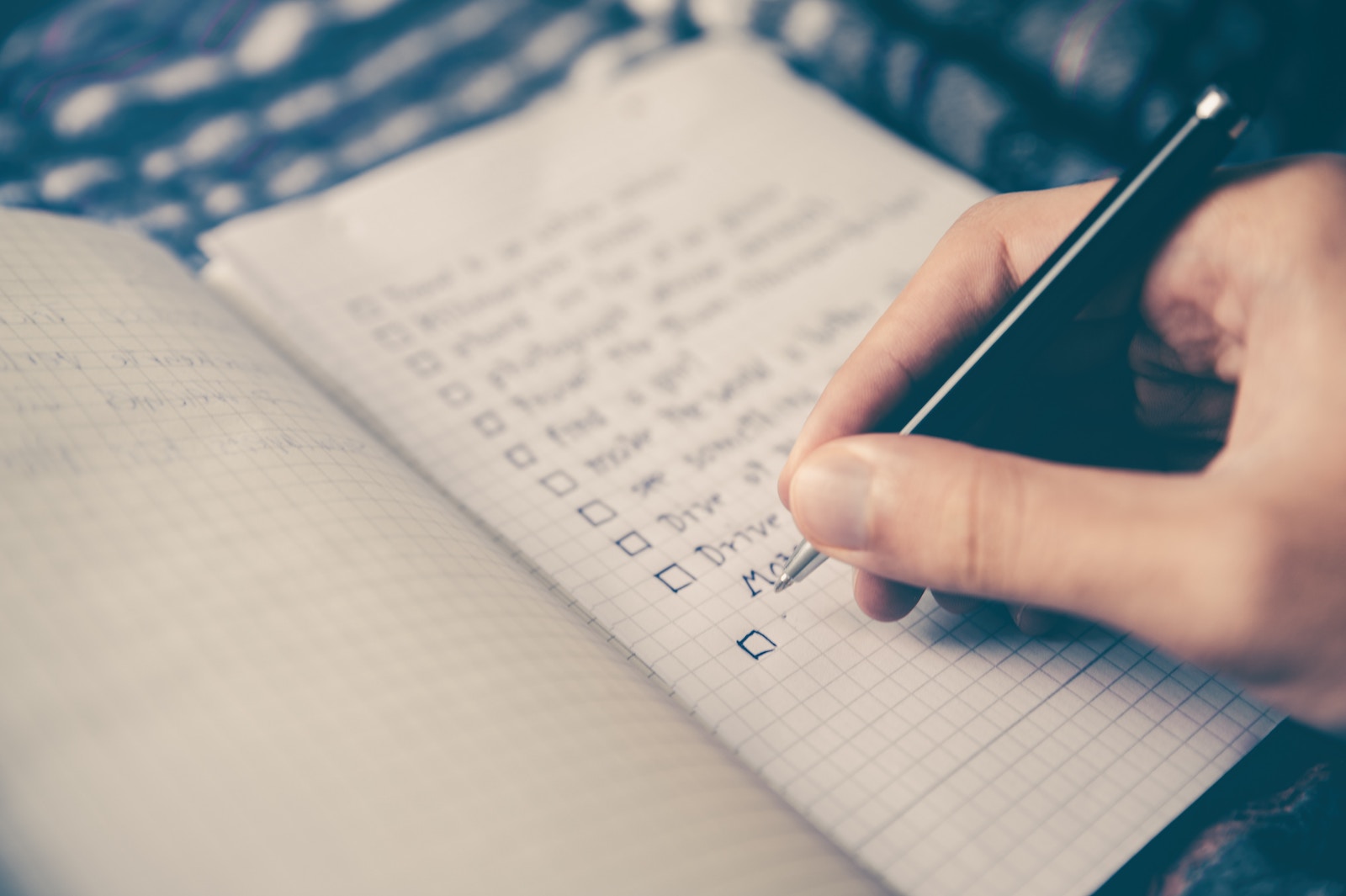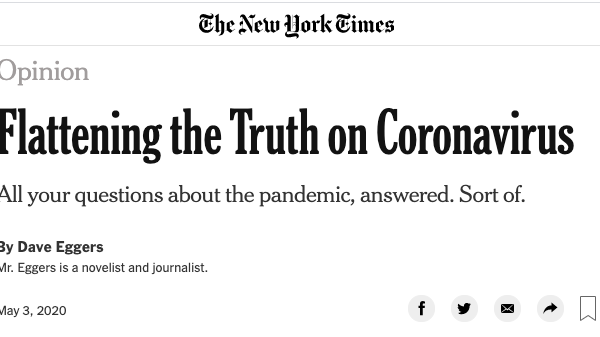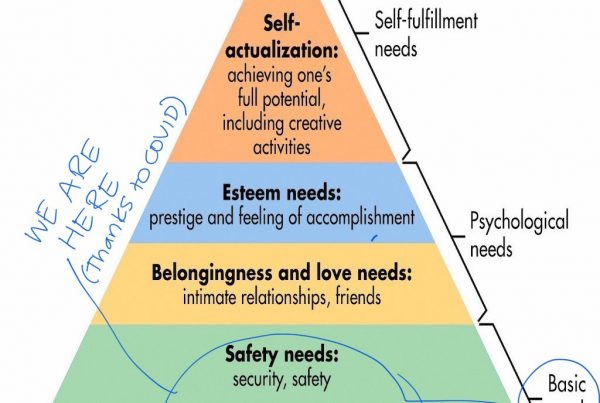The other night I was having dinner with a friend when, at a pause in the conversation, she said, “so a 25 year old coworker of mine just found out she has breast cancer, and she asked me if I knew of any good oncologists.” And then she looked at me.
Well, shit.
And then I texted my oncologist. That night, I sent my friend a long email, and then I sent her two more. And then two text messages the following morning. Clearly I have some things to say on this issue. So, here is my quick and dirty guide to what to do if your doctor says you have cancer. Obviously, my perspective is Chicago-centric, but I’ll try to nationalize it where relevant.
1. Stop panicking. Okay, that’s not actually possible. Mitigate the panic. Find your partner, best friend, parent, adult child, whoever is not going to panic (too much) and make sure that person is with you ALL THE TIME (and taking notes) for at least the first few days and for as long as it takes for you to start paying attention and absorbing information on your own. Seriously. Your life just went sideways; you’re getting tons of information and hearing words you’ve never heard before (“mediastinal?” WHAT? Right.), so you need someone there to pay attention for you. Being in your cancer-diagnosis fog is exactly where you need to be in the first few days to let your brain handle the onslaught. Your body is already stressed by disease, don’t make the stress worse by thinking you can do it all by yourself. You can’t. So find a buddy and keep reading.
2. Call Hematology/Oncology Associates. They’re amazing, calming, and will give you a battle plan. Plus they’re associated with Northwestern, one of the top oncology hospitals in the country.
2a. If you have some ridiculous form of cancer that only 100 other people have in the world, or you aren’t in Chicago, or you’d rather be at a different spot than Northwestern, call LiveStrong for oncologist recommendations. This is what LiveStrong does. It helps you navigate through all of the tough questions that come along with a cancer diagnosis. You’ll get a caseworker and she will become one of your best friends. No matter how you choose your doctor, though, make sure that your new oncologist sends you emails and provides everything about your treatment recommendations in writing so you can figure out what the hell is going on once you’re capable of reading it. If they aren’t willing to be in touch by email, get a new doctor. For serious.
3. Call LiveStrong anyway. Get a case worker. Make friends. Mine’s name is Abby. She’s awesome.
4. Call Jonny Imerman at Imerman’s Angels (by which I mean go to the website, sign up, and one of their people will call you). Jonny is a testicular cancer survivor and one of the kindest people on the planet. He has developed one of the largest databases in the country of survivors and fighters, and he will match you with your own personal angel: someone who is your same gender, was diagnosed at your same (or similar) age, with the same version of cancer. I never reached out to Jonny because my sister was my angel, but if I hadn’t had her I would have reached out to him immediately. An angel is vitally important. You need someone that you can call at 5am with the “what the hell is going on in my hips?” question. You need someone (other than your doctor) who will keep you calm and tell you that you’re not going crazy. Oncologists, on purpose, don’t tell you about every possible side-effect that you might get because there are so many that you might not get, and they don’t want you stressing out unnecessarily (see my point 1), so you need someone who has been there.
5. Dust off your relationship with your shrink and call them. Or ask your oncologist for a recommendation. You need a therapist. No, you need a really good therapist. You need someone who won’t let you play games with yourself. You are in the fight of your life. Stop sugar-coating it or wallowing in it. Fight it. And you need someone who will make sure that you are fighting mentally and emotionally in addition to physically. As you clear your body of disease, take the time to clear your mind of the same thing.
6. Build a team. You have already started to do this because you now have a doctor, a LiveStrong case worker, an Imerman’s Angel, and a therapist, but you need more. You need family and friends to remind you that your entire life is not about cancer. It’s about delicious pasta and funny games and good books and sewing projects and balloons and fuzzy animal hugs and choosing to connect with life. And they need each other. Being a cancer patient is hard, but being someone who loves a cancer patient is just as hard in an entirely different way (I know, my sister is a cancer kick-asser, so stop rolling your eyes). Call people, send emails, learn to ask for help. Create a Gmail contact list called “My Team” and put everyone in it (but remember that Gmail doesn’t allow you to send to more than 500 people on one email and iPad Mail has a cut off at 100). And, in one of your first communications with them, include this article on how you literally are the center of your universe right now and how they need to handle it.
7a. Get nice. Life is too damn short to be mean on purpose. If you’re tired and feel awful, maybe that’s okay, but if you’re just being bitchy because you have cancer and you feel sorry for yourself, or, even worse, if you think you deserve special treatment in some way because you’re more important than the patient next door, get over it. There is ALWAYS someone out there in a worse situation than you (and, FYI, there is absolutely someone out there who is more important to the fate of the planet than you). You could be a child slave in Haiti, a nation birthed from a slave revolt that now enslaves over 250,000 of its own citizens. You could be a woman in Saudi Arabia. You could be a citizen of Syria, watching your world literally crumble around you. You could have rickets. Or leprosy. Or have recently had face-to-face contact with the tiger spider. Or actually be dead. Remember that you have control over your choices. Use that control wisely and make good choices.
7b. Get stubborn. Being nice doesn’t mean you don’t stand up for yourself. It means that you stand up for yourself while joking and smiling and being an understanding, reasonable human being. Hospitals are big and usually understaffed and doctors and nurses are insanely busy. Sometimes people slip through the cracks. You’re the only one who will make sure that you’re not one of them. If you have been the kind, lovely, reasonable person that we all know you are, then the minute you get demanding, your caretakers will know that it’s for real. I lived in the hospital for two weeks in late June/early July 2012 and had to come back 10 days later to manage pain. My nurses knew that the shit had truly hit the fan when I, ah, expressed annoyance at one of them when she was five minutes late pushing the Dilaudid. Because she knew I was not generally demanding or dramatic, when I actually needed her immediately she responded. Immediately. Be stubborn, be nice, and never ever EVER cry wolf.
8. Get a creative thing. My creative thing has been writing and, when I had the time and strength, racing my car. Yours may be painting, or computer programming (my husband built three websites in my first two weeks in the hospital), or knitting, or cooking, or composing symphonies, or photography, or designing intricate sand zen gardens. Whatever it is, make sure you are active in your creating (so don’t just watch tv or play computer games or read, but actually create). And start right now. I didn’t know that my thing was writing until I got really into sending my family and friends email updates. If you don’t know what your thing is, just follow your instincts and indulge in wherever they lead you.
9. Stay active for as long as humanly possible. Your immune system is trying to clear cancer. Your liver and other organs are trying to clear chemo. Your lymph system and kidneys are working overtime clearing dead cells (cancer and otherwise). Your lungs are trying to stay fully inflatable to dodge pneumonia. Your blood is bringing oxygen and other nourishment to all of those organs and systems. Your brain is focused on your treatment and your mental, emotional, and spiritual health. For as long as you can, help your body. Go for walks. Take deep breaths. Try a downward dog or even just a heroes pose. If you have access to a stationary bike, go and sit on it with a book for an hour even if it’s a level one and you have to pause every now and again. Just MOVE. And drink a ton of water. Happy bodies are hydrated and moving. Help your body be as happy as it can be.
10. Find moments of quiet. In some ridiculous twist of fate, I completed a course on Transcental Meditation the morning of my diagnosis. Taking the time during my days to simply sit quietly and meditate helped keep me calm and capable of doing everything else that needed to be done for my mental, emotional, and physical health. However you choose to do it (meditation, prayer, chanting), take the time to nurture your spiritual side.
And that’s your to-do list. 10 things. All the sudden cancer seems not so overwhelming, right?
Photo by Glenn Carstens-Peters on Unsplash



Lydia:
Awesome list! And you know how much I love great blogs too! People are definitely finding and reading your work, even when you don’t know they are. So keep up the great work.
Stay awesome,
Jeremy
Thanks Jeremy!
simply thank you, for your time, not to mention everything else.
Thanks Sandia…I really appreciate it.
From one angel to another. Well done.
xoxo
Lydia – this is awesome. And honestly, 7a and 7b are things EVERYONE needs to be doing in life anyway. I just shared with a friend whose husband has cancer. Thank you so much!
I’m so glad I could help!
Thank you for this list and the links – loved the LA Times article as well. Sincerely.
Lydia, in less than 2 hours I will be meeting with my oncologist to get “the verdict” as to the type of lymphoma I have and recommendations for treatment. Your suggestions for online support are comforting, and I thank you for sharing these resources with us. Think I’ll subscribe now…
Ugh — I’m sorry I missed this comment. Best of luck with your treatment and keep me posted! Much love, L